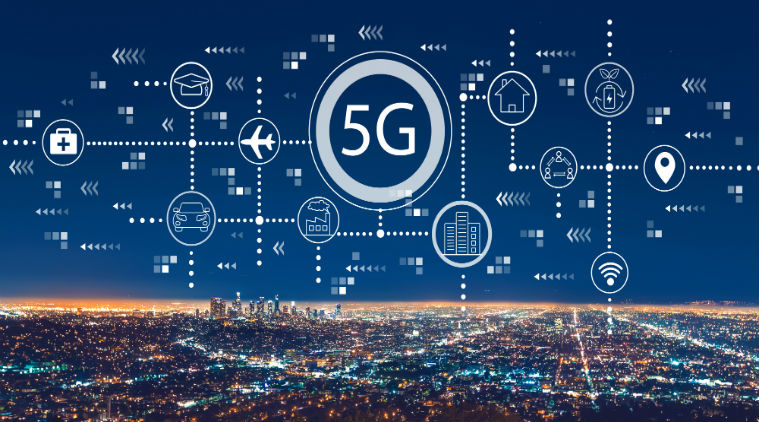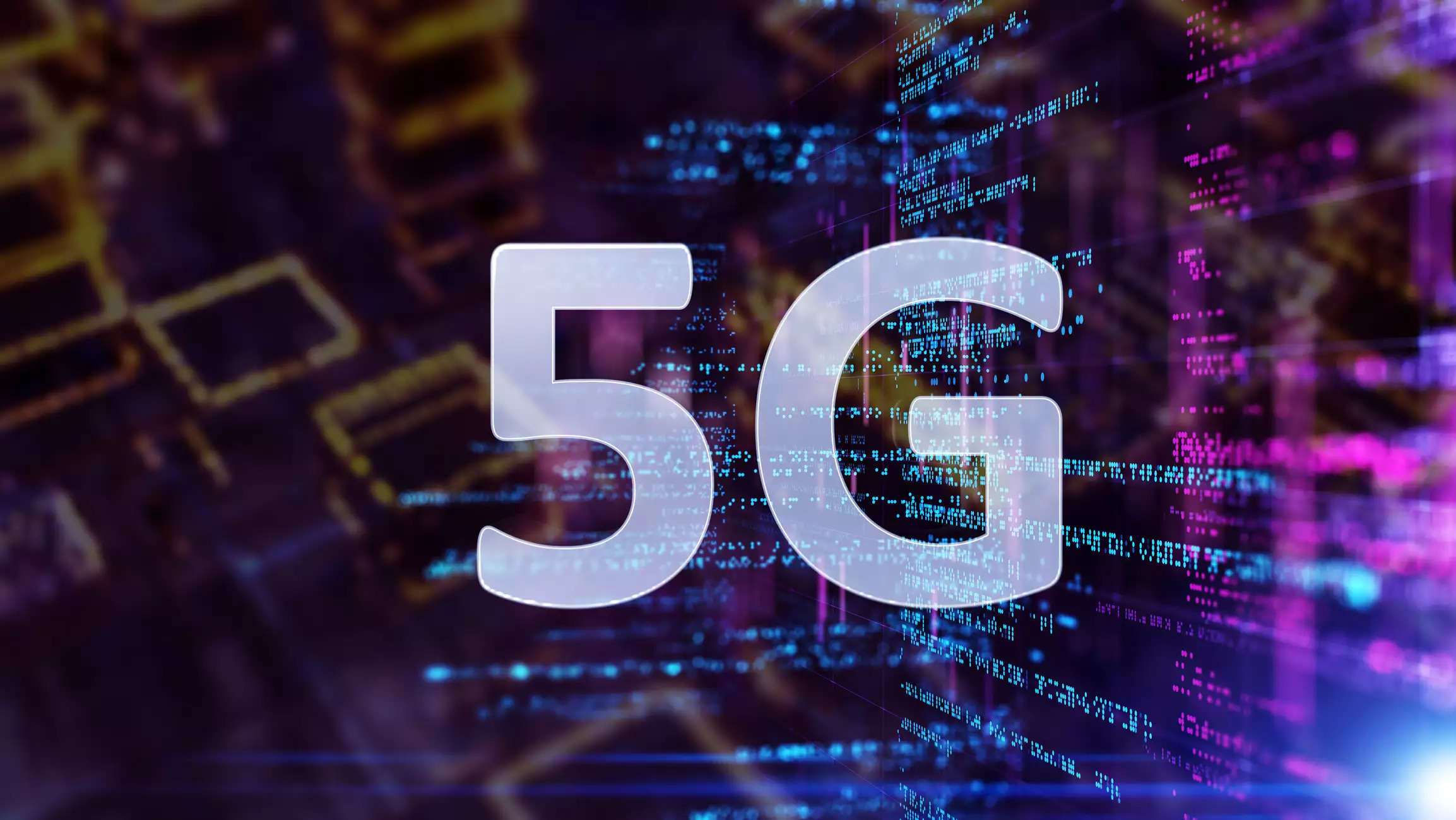5G in India ( Dwaipayan Mondal)
What does 5G spectrum auction delay mean for India?
There were two significant developments relating to 5G in India recently. The first is that the 5G spectrum auction is likely to be postponed from this year to early 2022, as per recent media reports. This will further push the launch of 5G services to at least the second half of 2022 or early 2023. The second is that after the clearance of 5G trials, the industry has finally acquired spectrum to conduct 5G trials, albeit with several riders and conditions.
While India has always lagged in adopting new communications standards, the country wanted to take the lead in the launch of 5G and also wanted to increase its involvement in setting standards. Being the second-largest telecom market in the world, these were not lofty goals.
India set up a High-Level Committee in 2018 to develop India-specific use cases. The country also set aside a budget of INR224 to set up an end-to-end 5G testbed with some of the prominent engineering institutes. These were all first-time initiatives for India.

So, the delay in conducting planned 5G trials and 5G spectrum auction hurts, but apart from the fact that India missed the early 5G bus, what does this delay mean for the industry?
Whither use cases?
The
biggest problem and the real reason why there is little pressure on the
government to accelerate 5G is that, as of now, the technology doesn't
seem to offer any clear use cases or even the promise of better ARPU.
Experts
believe that the delay is unlikely to result in any real revenue loss
for the country. "Our research shows that there is only a slight ARPU
[Average Revenue Per User] uplift of 9% to 10% because of 5G. Further,
5G use cases open up only with Standalone (5G SA) version which any away
wouldn't have happened even if Indian telcos had launched 5G this
year," says Ashwinder Sethi, Principal at Analysys Mason.
 Further,
the telcos are struggling to charge a premium for 5G services even in
mature and developed telecoms markets. For instance, in South Korea,
more than 500,000 5G users decided to switch back to 4G earlier this
year because of poor 5G network experience.
Further,
the telcos are struggling to charge a premium for 5G services even in
mature and developed telecoms markets. For instance, in South Korea,
more than 500,000 5G users decided to switch back to 4G earlier this
year because of poor 5G network experience.
Enterprise segment?
So, if a telco wants to
offer only better broadband speeds, NSA is the way to go. However, if
the aim is to provide new use cases like Industry 4.0, then the service
providers need to go for 5G SA.
This brings us to the enterprise
use cases, which are primarily based on Massive Machine Type
Communication (mMTC) and Ultra Reliable Low Latency Communications
(urLLC).

The impact of this is minimal in India because mMTC and
urLLC use cases are not yet developed globally as well. The chances are
that by the time Indian telcos get the spectrum to play with the 5G
ecosystem would be mature.
There is also a thought that delay in
5G deployment should not prevent us from utilizing the benefits and
applications of the technology. 5G-enabled private wireless networks are
emerging as one of the biggest use cases for the enterprise segment.

"Use
of Private 5G networks, a powerful tool to digitalize manufacturing,
healthcare, transportation and other critical sectors, may be permitted,
to drive efficiencies and productivity for the nation. In fact, this
could have been facilitated already, since private networks are not
constrained by the challenges of spectrum auction or onerous
licensing/security requirements," says TV Ramachandran, President, Broadband India Forum.
The question of 5G trials
It was somewhat of a pathbreaking announcement when the Department of Telecommunications
(DoT) decided to hold 5G trials about three years back. This was mainly
because India has not held tests for any technology before launching
it. While it possibly made sense three years back when the standards
were being formed, the tests are hardly relevant now when there are more
than 200 million 5G subscribers in the world.

"5G has already
been adopted and deployed in 57 countries with 228.7 million
subscribers, commercially launched by more than 150 operators (as per
GSA), and various use cases have been established, there is surely no
longer need for trials in India. We can learn and benefit hugely from
the experience of the others into building more robust networks and
improved customer experience, and directly go into commercial launch of
5G," says TV Ramachandran, President, Broadband India Forum (BIF).
Instead
of conducting trials, the telcos need to focus on increasing
fiberization, which is required in order to provide a true 5G
experience. Only 25% of the sites are fiberized in the country right
now, making it challenging for the telcos to deliver on the promise of
5G.
What about 5Gi?
Delay in 5G spectrum
auction helps the Government push for acceptability of the homegrown 5G
standard, 5Gi, which allows for wider coverage and is especially
relevant for rural coverage. There is strong resistance from the private
telcos in using this standard allegedly because of interoperability
issues. The telcos also say that 5Gi is likely to increase the cost of
network deployment.

From Bharti Airtel's perspective, it has
maintained that India will be ready for 5G only in 2022, so the delay is
in line with its timeline. For Jio, the delay impacts its vendor
ambition to sell its homegrown 5G solution globally. By the time it is
able to test the solution in its network, the mature and developed
markets would have adopted 5G, leaving little opportunity for the telco.
While overall, the delay is beneficial for the service
providers, there is little doubt that 5G would have allowed the telcos
to provide a better network experience to the users, especially so in
these times when our dependency on the communications networks is high.
~By, Dwaipayan Mondal




Comments
Post a Comment